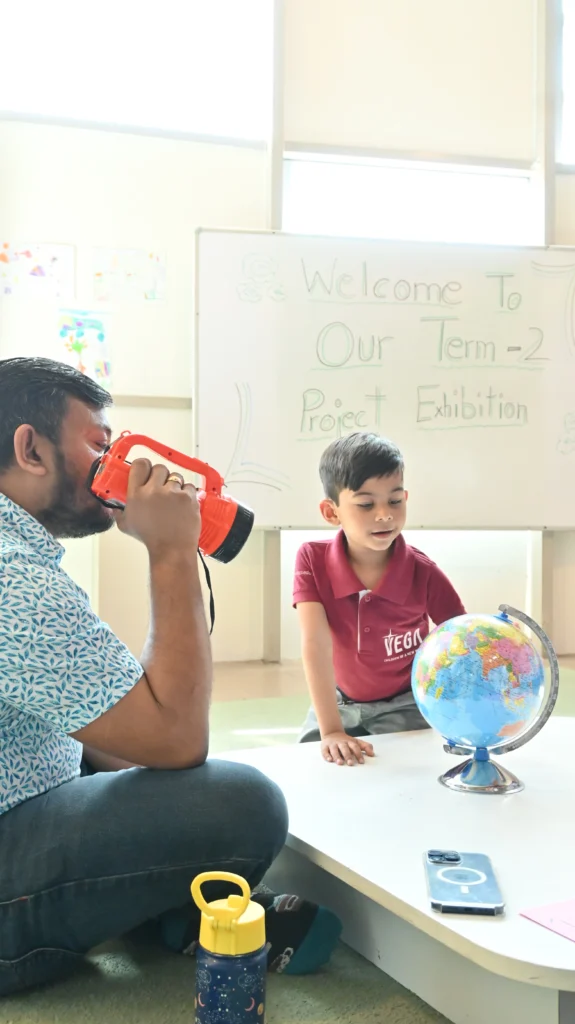For many years, homework has been viewed as the foundation of academic achievement—a representation of responsibility, diligence, and discipline. But when schooling changes, the question of whether homework actually advances learning or just reinforces habit emerges. Meaningful learning extends far beyond the four walls of a classroom and the pages of an assignment in today’s fast-paced world.
It’s about critical thinking, creativity, and curiosity—skills that extend beyond worksheets. “Breaking the Homework Myth” challenges teachers and parents to rethink education beyond the bell, where children learn with purpose rather than under pressure, and comprehension takes precedence over memory.
- Reevaluating the Goal of Homework
Homework was traditionally intended to supplement classroom instruction. However, studies reveal that rather than improving comprehension, too many assignments can result in tension, exhaustion, and disengagement. The emphasis should change from quantity to quality, promoting assignments that relate classroom ideas to practical experiences, like journaling one’s own literary views or making science observations at home.
- Encouraging Self-directed and Immersion Education
Learning beyond the bell implies purposeful labour rather than no work at all. When students investigate topics through independent projects, group projects, or artistic expression, they flourish. Curiosity and independence are fostered, for instance, by creating a little model, speaking with seniors, or taking in the scenery. These kinds of experiences make learning more memorable and powerful by assisting students in putting their theoretical knowledge into practice.
- Promoting Well-Being and Balance
Extended periods of schoolwork might interfere with family time, sports, and personal time—all of which are crucial for overall development. Students who attend schools that support balanced learning schedules come back feeling rejuvenated, inspired, and prepared to participate. This good balance between academics and personal life can be maintained by substituting introspective assignments or brief review sessions for rote homework.

- Developing Lifelong Learners
The true purpose of education is to develop thinkers who can adapt, question, and invent rather than to achieve high exam scores. Students start to take charge of their education when homework is made optional rather than mandatory. Engaging in hobbies, reading for enjoyment, or supporting social causes are examples of activities that foster intrinsic drive and set people up for lifelong learning.
- The Function of Parents and Teachers
Instructors might provide tasks like problem-solving exercises or real-world case studies that encourage inquiry rather than repetition. Instead of imposing deadlines, parents can encourage children’s curiosity at home. When they work together, they can make learning feel like a voyage rather than a chore.
Rethinking academic discipline is necessary to dispel the idea of homework, not giving up on it. Beyond the bell, genuine education includes times of self-reflection, creativity, and discovery. Students develop not only intellectually but also emotionally and socially when they learn via experience, balance, and curiosity.
Young brains are empowered to think critically, make connections between information and life, and find joy in comprehension when homework overload gives way to meaningful learning. It’s time for educators, parents, and schools to shift the focus from “How much work?” to “What kind of learning?” to develop a generation of enthusiastic, future-focused students.
Vega Schools offers holistic education to children in Delhi NCR and is rated among the top Schools in Gurgaon. Its modern infrastructure, facilities, and experienced teachers are a big asset to the learning & development of students, be it for Nursery, Primary or Senior children making Vega Schools the best schools in Gurgaon. For information about admission please visit the Vega Schools campuses in Sector 48 and Sector 76 Gurugram
